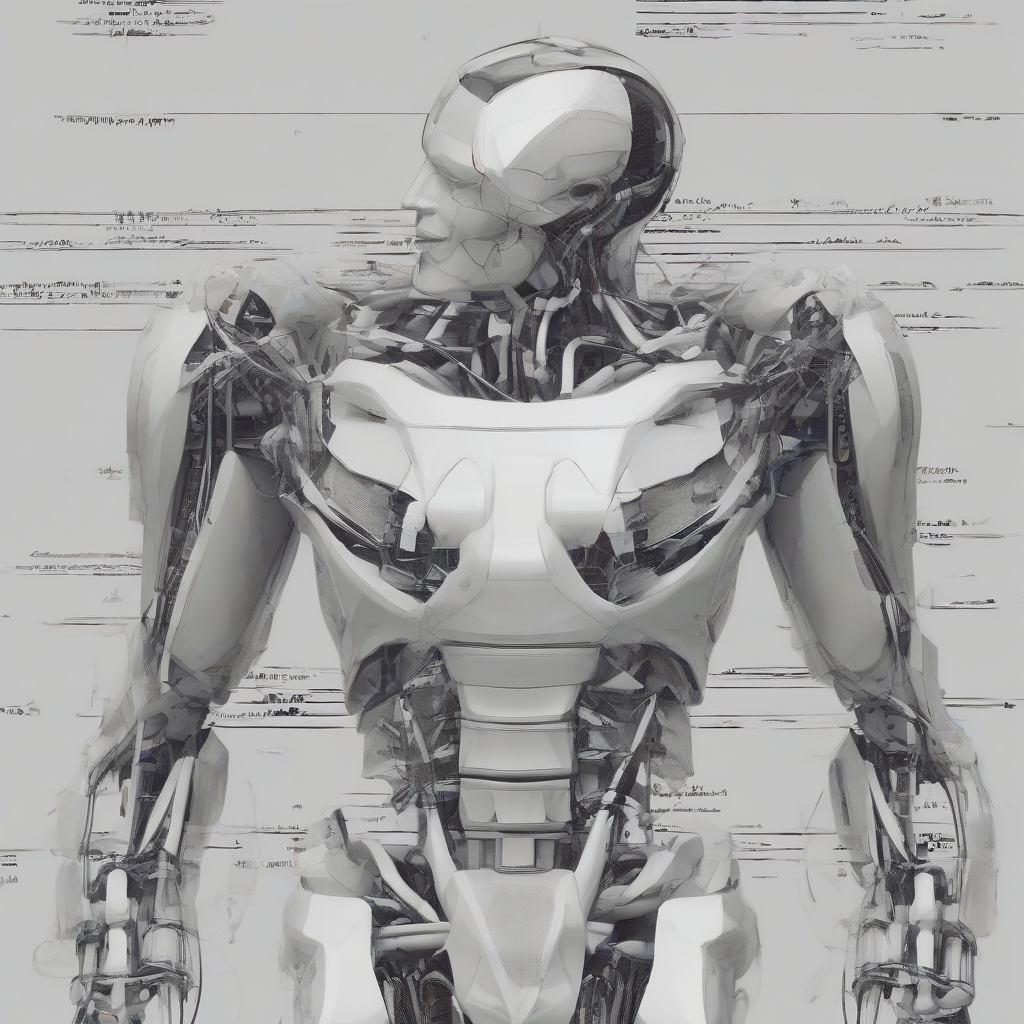Customer Service Chatbots: The Future of Customer Support
In the digital age, where customers expect immediate and personalized service, customer service chatbots have emerged as a game-changer. These AI-powered conversational agents are revolutionizing the way businesses interact with their customers, offering a seamless and efficient experience.
What are Customer Service Chatbots?
Customer service chatbots are software programs that simulate conversation with humans. They leverage natural language processing (NLP) and machine learning (ML) to understand customer queries and provide relevant responses. These chatbots are typically integrated into websites, mobile apps, and messaging platforms, allowing customers to interact with them in a familiar and convenient manner.
Benefits of Customer Service Chatbots
- 24/7 Availability: Chatbots are available round-the-clock, providing instant support even outside of business hours. This eliminates the need for customers to wait for representatives to be available.
- Reduced Wait Times: Chatbots can handle a large volume of inquiries simultaneously, significantly reducing wait times for customers. This improves customer satisfaction and minimizes frustration.
- Personalized Interactions: Chatbots can learn from previous conversations and provide tailored responses to individual customers, creating a more personalized experience.
- Cost Savings: Automating customer support tasks through chatbots can significantly reduce labor costs and improve operational efficiency.
- Data Collection and Analytics: Chatbots can collect valuable data on customer interactions, providing insights into customer preferences, pain points, and areas for improvement.
- Scalability: Chatbots can easily scale to accommodate increasing customer volumes without requiring additional human resources.
- Increased Customer Satisfaction: By providing quick, efficient, and personalized support, chatbots contribute to higher customer satisfaction and loyalty.
Types of Customer Service Chatbots
- Rule-Based Chatbots: These chatbots follow a predefined set of rules and responses. They are suitable for handling simple and repetitive inquiries.
- AI-Powered Chatbots: These chatbots utilize NLP and ML to understand natural language and provide more sophisticated and context-aware responses. They are capable of handling complex inquiries and learning from past conversations.
- Hybrid Chatbots: These chatbots combine rule-based and AI-powered capabilities, offering a balance of efficiency and flexibility.
Key Features of Customer Service Chatbots
- Natural Language Processing (NLP): Enables chatbots to understand human language, including slang, idioms, and colloquialisms.
- Machine Learning (ML): Allows chatbots to learn from past conversations and improve their responses over time.
- Knowledge Base: Provides chatbots with access to a vast repository of information to answer customer queries.
- Integration with Other Systems: Enables chatbots to connect with other business systems, such as CRM, ticketing, and payment platforms.
- Analytics and Reporting: Provides insights into customer interactions, allowing businesses to track performance and identify areas for improvement.
Use Cases for Customer Service Chatbots
- Frequently Asked Questions (FAQs): Chatbots can provide quick and accurate answers to common customer questions.
- Order Tracking: Customers can use chatbots to track the status of their orders.
- Account Management: Chatbots can assist customers with account-related tasks, such as password reset or account updates.
- Customer Support: Chatbots can handle basic customer support inquiries and escalate complex issues to human agents.
- Lead Generation: Chatbots can qualify leads and gather information from potential customers.
- Appointment Scheduling: Chatbots can help customers schedule appointments with agents or service providers.
- Product Recommendations: Chatbots can provide personalized product recommendations based on customer preferences and past purchases.
Challenges and Considerations
- Limited Understanding: Chatbots may struggle to understand complex or nuanced language.
- Lack of Empathy: Chatbots may not be able to convey empathy or provide emotional support.
- Technical Challenges: Implementing and maintaining chatbots can be technically demanding.
- Privacy Concerns: Chatbots collect customer data, raising concerns about privacy and security.
- Human Interaction: Chatbots should not replace human interaction entirely, but rather complement it.
Future of Customer Service Chatbots
The future of customer service chatbots is bright. As NLP and ML technologies continue to advance, chatbots will become even more sophisticated and capable of handling more complex inquiries. They will be able to provide more personalized and empathetic support, blurring the lines between human and machine interaction. Businesses that embrace chatbots will have a significant advantage in providing exceptional customer service, enhancing customer satisfaction and loyalty.
